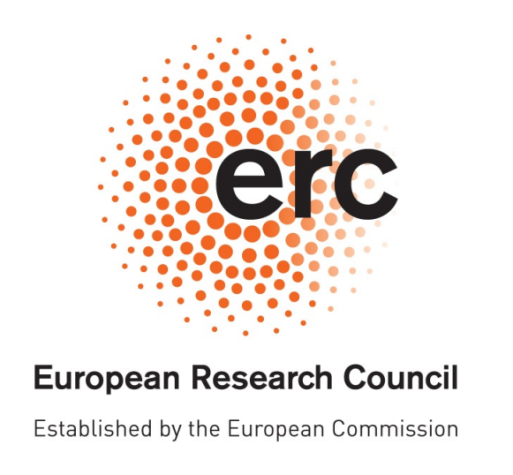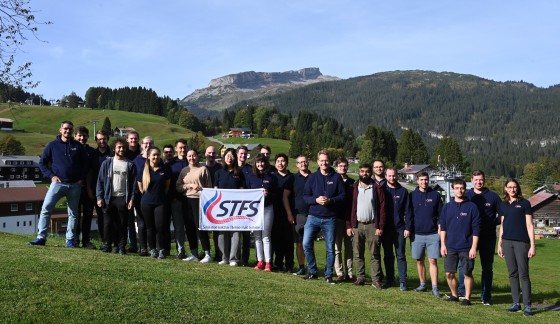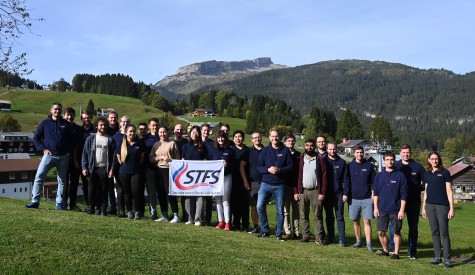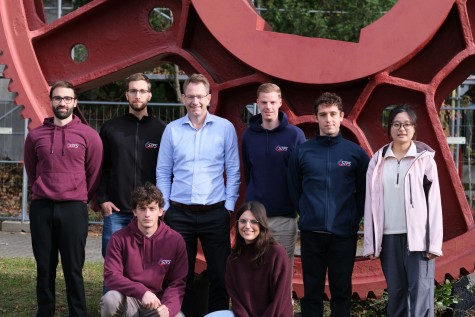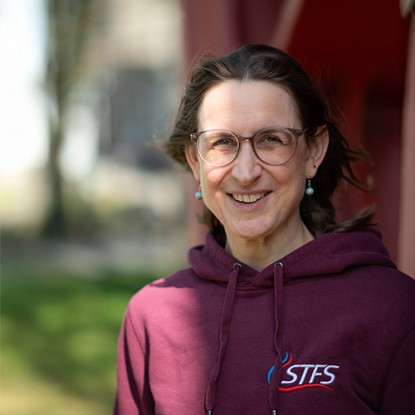Simulation of Reactive Thermo-Fluid Systems
At the Institute for the Simulation of Reactive Thermo-Fluid Systems (STFS), we develop models and conduct simulations of sustainable energy systems.
Our mission
To power a sustainable world, our research focuses on chemical energy carriers and exploits the potential of renewable fuels such as hydrogen, ammonia, methanol, iron and aluminum. We develop advanced modeling approaches and simulation techniques for chemically reactive laminar and turbulent multicomponent and multiphase flows. We use these simulation techniques to investigate combustion processes on all scales: from the smallest structures of the reaction zone and the formation of nanoparticles in solid fuel flames to the largest scales of of technically relevant combustion chambers.
The work of our research group is characterized by a close connection between fundamental and application-oriented research. Our aim is to understand the physical principles of combustion through direct numerical simulations (DNS) and to combine this knowledge in advanced mathematical models. By coupling these models with scale-resolving large-eddy simulations (LES), we can investigate even very complex practical applications such as aircraft engines, industrial furnaces and chemical reactors.
To achieve our goals, we work closely with colleagues, especially experimentalists, from science and industry.
Prof. Dr.-Ing. Christian Hasse,
Head of STFS
In our research, we investigate clean energy conversion processes. With simulations on high-performance computers, we gain detailed insights into reactive flows that were unthinkable just a few years ago. In doing so, we bridge the gap between basic research and technical applications.
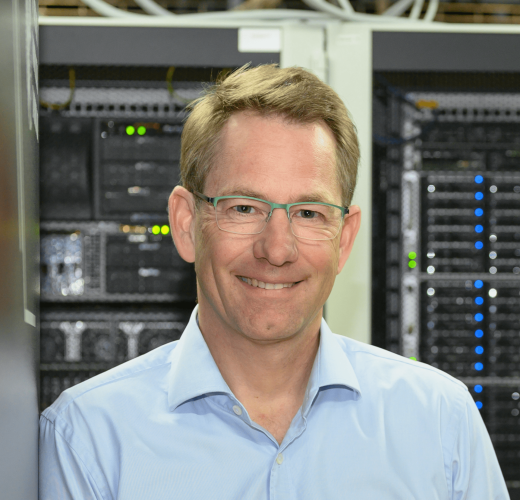
News from STFS
-
![]()
![]()
STFS grows — diversity attracts diversity and sustainability of partnerships
November 05, 2025
New colleagues at STFS
Over the coming months, several PhD candidates (Philipp Koob, Bich-Diep Nguyen, Driss Kaddar, Tim Jeremy Patrick Karpowski, Jannis Reusch) will complete their theses, while new researchers have joined Simulation of Reactive Thermo-Fluid Systems (STFS), TU Darmstadt. What makes me especially happy is that each of them joined through long-standing, trusted collaborations — each following a unique path.
-
![]()
![]()
New research opportunity @ STFS — Postdoc in DNS and HPC (starting 2026)
November 04, 2025
Postdoc position at STFS
Topic: Hot-gas / cooling-air interaction in non-reactive flows over film-cooled turbine nozzle guide vanes (NGVs). See attached images.
-
![]()
![]()
Inspiring the Next Generation of Engineers — Inside the Fascination of Jet Engines
November 03, 2025
Excursion to industrial partner Rolls-Royce
As part of our University Technology Centre (UTC) partnership with Rolls-Royce, we recently took 15 Bachelor students on a two-day excursion to Rolls-Royce Dahlewitz — a truly unique opportunity to witness jet-engine assembly and testing up close.
-
![]()
![]()
Conference on Numerical Combustion — Coming Home
Oktober 24, 2025
International Conference on Numerical Combustion (ICNC)
The International Conference on Numerical Combustion (ICNC) is one of the true highlights in my calendar every two years. The program is focused, the discussions stimulating and purposeful — three days that feel like a big family reunion of the combustion community.
-
![]()
![]()
The funny side of the Combustion Symposium deadline
Oktober 21, 2025
Introduction to the institutes RSM & STFS at the TU Darmstadt
Recommended external content
We have selected external content from YouTube for you and would like to show it to you right here. To do this, you must reveal it with one click. You can hide the external content at any time with another click.
I agree to external content from YouTube being shown to me. This may result in personal data being transmitted to third-party platforms. You can find more information in our Privacy Policy.







